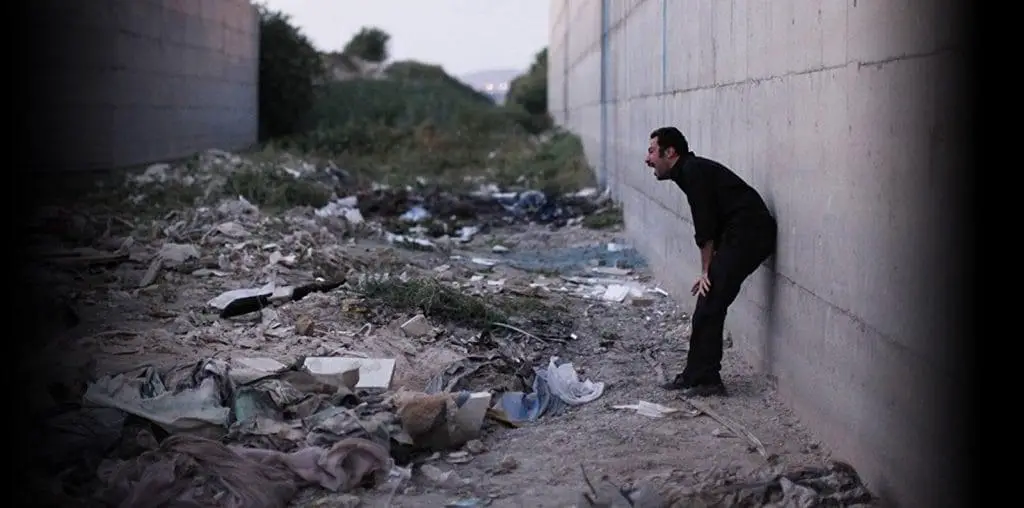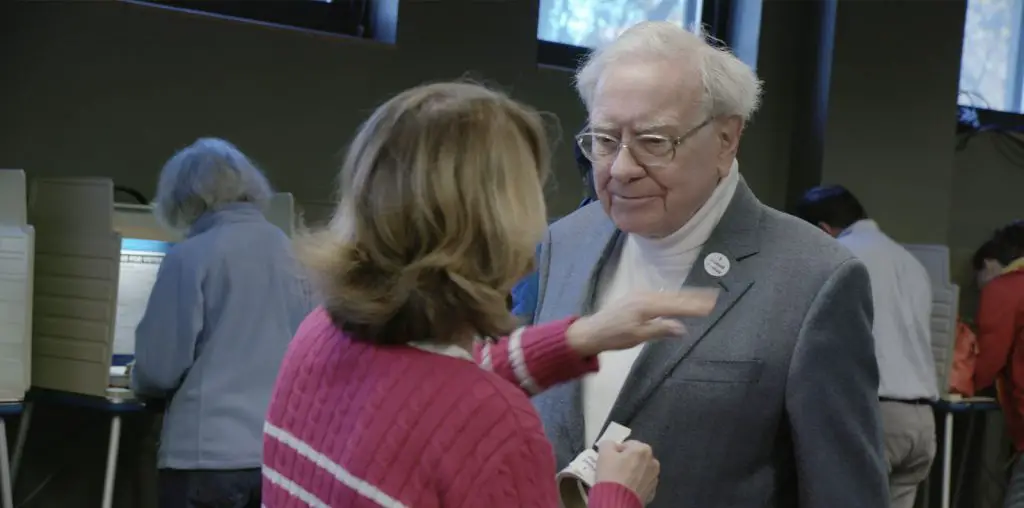
There was a time – not too long ago – when the presence of Stephen King’s name on a film was a surefire way to make some money… at least for the opening weekend. Sure, his association with earlier films like “Maximum Overdrive” and “Christine” didn’t help the box office, but it gave the movies a decent buzz.
Normally, I like to see movies with little or no knowledge. I prefer to see the film and take it at face value rather than to have a publicist tell me what to think. I went into “Secret Window” knowing the cast, the general story and the fact that it was a thriller – basically what you can glean from a trailer, which is this:
The movie follows best-selling author Mort Rainey (Johnny Depp), who is living in his getaway cabin six months after discovering that his wife was cheating on him. One day, a mysterious man appears on his doorstep using the name John Shooter (John Tuturro). Shooter claims that Rainey had stolen one of his stories many years ago, and now he wants revenge.
So, there I was, watching the opening credits, and one catches my eye: “Based on the story ‘Secret Window, Secret Garden’ by Stephen King.” I took a quick breath. “Oh my god,” I said. “I read that story.” I paused, then added, “It wasn’t that good.”
I’ve been a Stephen King fan for many years. In fact, there was a time when I had read all of his major releases – pretty much until he got his alcoholism under control. Now, I fully respect King for his battle, but I also realize that his really great works dried up with his habit. Perhaps when his demons died, so did the heart of his stories.
I didn’t hate “Secret Window, Secret Garden,” but I didn’t think it was the best King had written, either. As the second installment of his 1990 anthology “Four Past Midnight,” I felt it was his weakest piece in the book. Ultimately, he described it as an attempt to mix the themes in “Misery” (i.e., the insanity of a fan) and “The Dark Half” (i.e., the insanity of a writer).
The film “Secret Window” had all the elements in place to work. Johnny Depp and John Turturro are two of the best actors of their generation. The story came from a best-selling book. It came out shortly after Depp won a SAG award and was nominated for an Oscar for “Pirates of the Caribbean.” However, the old King curse on movies reared its ugly head.
Both Depp and Turturro were noticeably off their game in this film. While both have been guilty of crappy films in the past (such as Turturro in “Mister Deeds” and Depp in “The Astronaut’s Wife”), I expected better. Even the otherwise strong supporting cast of Maria Bello, Charles S. Dutton and Timothy Hutton fell flat. Although, it is nice to see that Depp was able to find roles that allow him to practice his alleged habit of not bathing.
Perhaps if Depp and Turturro had switched roles, it would have been better. I think I could have stomached Depp’s cheesy Mississippi drawl better than I did Tuturro’s. But there still would have been the story problems.
Bottom line, it’s extremely predictable, even if you didn’t read the original novella. And while the source material was written in the late 1980s when cell phones and the Internet were widely available to the general public, their absence in this film (which takes place in present day) cause too many plot holes. Why can’t Rainey show Shooter research on the Internet that shows he published the story first? Why can’t Rainey call Karsch (Charles S. Dutton) on a cell phone when he gets creeped out?
Here’s the ultimate irony of “Secret Window.” Shooter claims that Rainey changed the ending of his story, and his one demand is that Rainey fix it. After all, endings are the most important things. In a not-so-subtle way, the movie preaches that the ending of a story should be preserved and the highest crime against a writer is to change it.
But here’s the catch. The movie “Secret Window” ends differently than the original Stephen King novella “Secret Window, Secret Garden.” Sure, this isn’t as shocking as “Project X” preaching about how wrong it is to abuse lab animals, then being found to have abused the trained chimps on set – but it still has a certain level of hypocrisy.
However, the worst sin of omission in “Secret Window” is the removal of the fact that Rainey had actually plagiarized in the past. In the story, this is critical because it is the source of Rainey’s guilt – and arguably the reason for his success (it was his first accepted story, which inspired him to write further). Unfortunately, writer/director David Koepp felt it necessary to leave that out of the film as well as change the ending to a grimly weird resolution.
Disagree with this review? Think you can write a better one? Go right ahead in Film Threat’s BACK TALK section! Click here>>>


…except that they DID mention the previous plagiarism. Did you even watch the movie?